Amazing introductions to the sorts of topics you might cover in year one a good traditional undergraduate degree with lots of breadth requirements. After that you can use other five book lists to go deeper on particular topics (call that year two, and don’t stop!). Visual and audio augmentation also encouraged (eg read a book on classical music history, or watch Ken Burns’ Country, and dig into the music on Spotify). Go to Venice! Also notice that none of these ‘broad sweep’ books are written by academics, who are often consumed in intricate work on the latest trends in their field.
1
Supremely readable and interesting story of the history of science - a great introduction.
2
Leads you on from science into applications and their influence on history and environmental issues (in this case, agricultural productivity and chemistry). Another excellent writer
3
Studies the strands of thinking that led to the renaissance and modern world - including the influence of classical thought and the church. A great and diverse introduction.
4
Fantastic set of portraits of extraordinary people (some famous, some now obscure) in the 20th century, chosen by a great writer who was self taught across just about every field you could name.
5
This is the odd one out: late Victorian fiction. But liberal arts autodidacts need to read some fiction too! A great portrayal of its time, and very wise on relationships and philosophy.
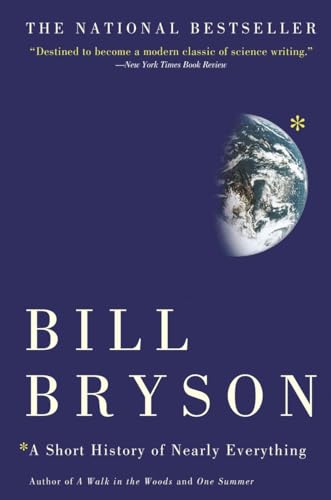
1
Supremely readable and interesting story of the history of science - a great introduction.
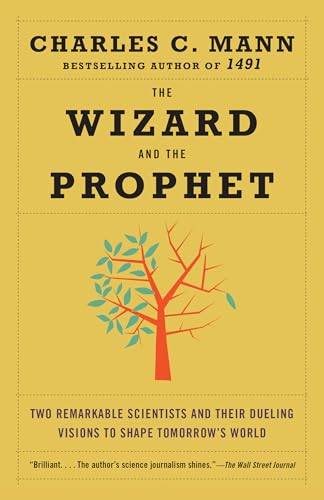
2
Leads you on from science into applications and their influence on history and environmental issues (in this case, agricultural productivity and chemistry). Another excellent writer
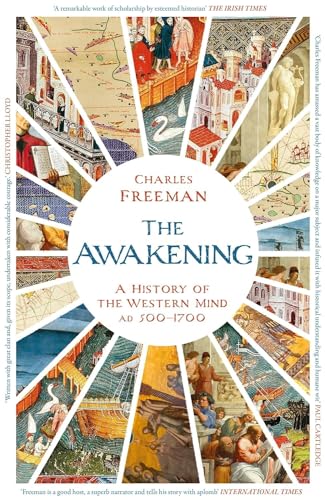
3
Studies the strands of thinking that led to the renaissance and modern world - including the influence of classical thought and the church. A great and diverse introduction.
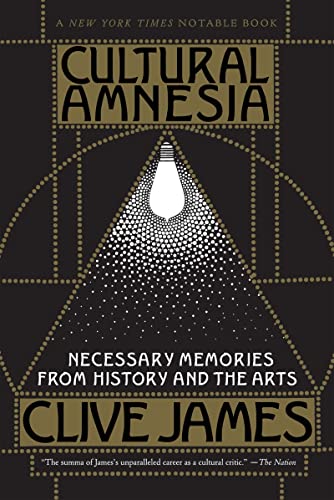
4
Fantastic set of portraits of extraordinary people (some famous, some now obscure) in the 20th century, chosen by a great writer who was self taught across just about every field you could name.
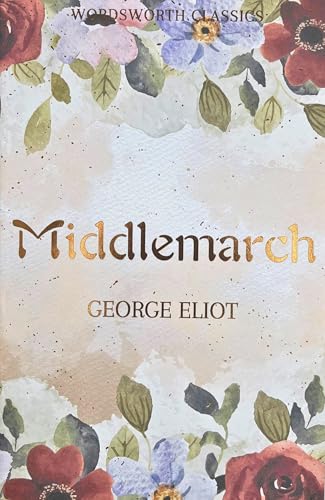
5
This is the odd one out: late Victorian fiction. But liberal arts autodidacts need to read some fiction too! A great portrayal of its time, and very wise on relationships and philosophy.
© Five Books 2026